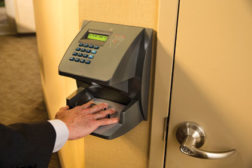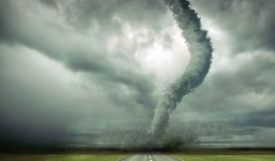Government: Federal, State and Local
State Department Report Says Terrorism Increased 40% Last Year
The State Department released its annual report on global terrorism showing a 40% increase in terrorism attacks last year compared to 2012.
May 1, 2014
Adding Badges to Save Budgets in Local Governments
Badging several thousand employees in several hundred different facilities can prove to be very complex.
March 1, 2014
Sign-up to receive top management & result-driven techniques in the industry.
Join over 20,000+ industry leaders who receive our premium content.
SIGN UP TODAY!Copyright ©2024. All Rights Reserved BNP Media.
Design, CMS, Hosting & Web Development :: ePublishing







